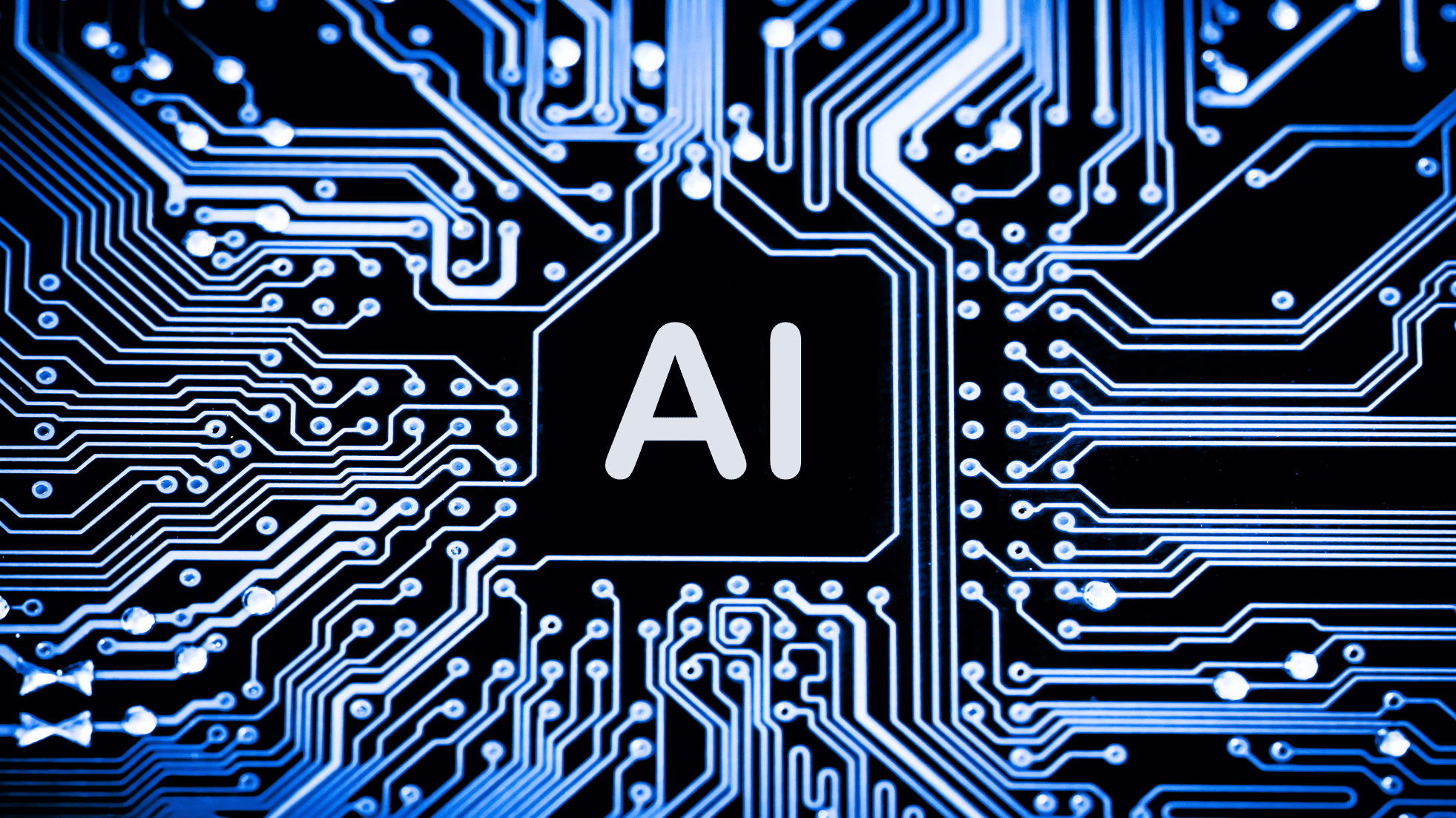Artificial intelligence (AI) is becoming more important in human resources (HR). It helps professionals streamline processes and save time and money.
AI in HR can improve decision-making during the employee journey. This includes job ads, interview prep, and finding learning gaps. It also helps with career development and promotions.
Recruitment
It is often suggested that artificial intelligence for HR is ‘taking over’ the recruitment process. This is mainly because of its valuable functions in screening CVs and applications. Within a robust HR approach, this will help analyse CVs and skills and rank candidates based on their skills and experience.
As most of those recruiting understand, however, it’s merely valuable in reducing large volumes of applicants and can never replace the recruiter’s own screening skills and decision-making process when it comes to drawing up a shortlist for interview.
AI-driven chatbots are also available to answer queries, schedule interviews, and provide follow-up information. Recruiters need to be aware that this can have both positive and negative effects on the candidate experience. A personal approach should be a main part of pre-and post-interview interaction.
Employee onboarding
AI-powered platforms can help a lot in the onboarding process. They can automate documents, set up training schedules, and provide custom content for new employees.
The benefits of AI are clear. However, AI should only be a tool in the onboarding process. It cannot replace getting to know colleagues, line managers, and key people in the organisation.
Training
AI can help personalise learning and development programs. It can assess an employee’s knowledge and skills. Then, it can suggest areas for training, refresher courses, or upskilling.
There are AI applications that will create personalised training pathways based on role, skills gaps and performance data. Skills mapping can assess skills and recommended learning resources to meet gaps in knowledge and deliver continuous personal development.

Engagement and retention
HR managers or teams should measure employee satisfaction. They can do this through verbal feedback or employee engagement surveys. Using AI to analyse the results and identify issues early on is invaluable. Employee retention is always preferable to staff turnover, and a proactive approach allows HR professionals to address concerns before they become issues.
AI tools can analyse performance data, employee behavior, and market trends. They can also suggest effective staffing strategies. Predictive modelling can help identify staffing shortages, skill gaps and candidates who are ready for promotion or upskilling.
Repetitive tasks
AI automates repetitive HR tasks such as payroll, benefits and compliance reporting, reducing manual effort and helping to ensure accuracy and efficiency.
Automating these tasks lets professionals focus on making strategic decisions and engaging employees. This should lead to fairer hiring and better talent management.
AI-driven HR solutions could transform practices by increasing efficiency, reducing costs and improving employee engagement. Through effective use of AI, businesses can build stronger, more productive teams. As the available platforms change, HR professionals need to embrace technology. This will help them stay competitive and improve efficiency and growth.
Want to know the latest news and tips in Recruitment & HR? Learn more from our dedicated Knowledge Hub.













